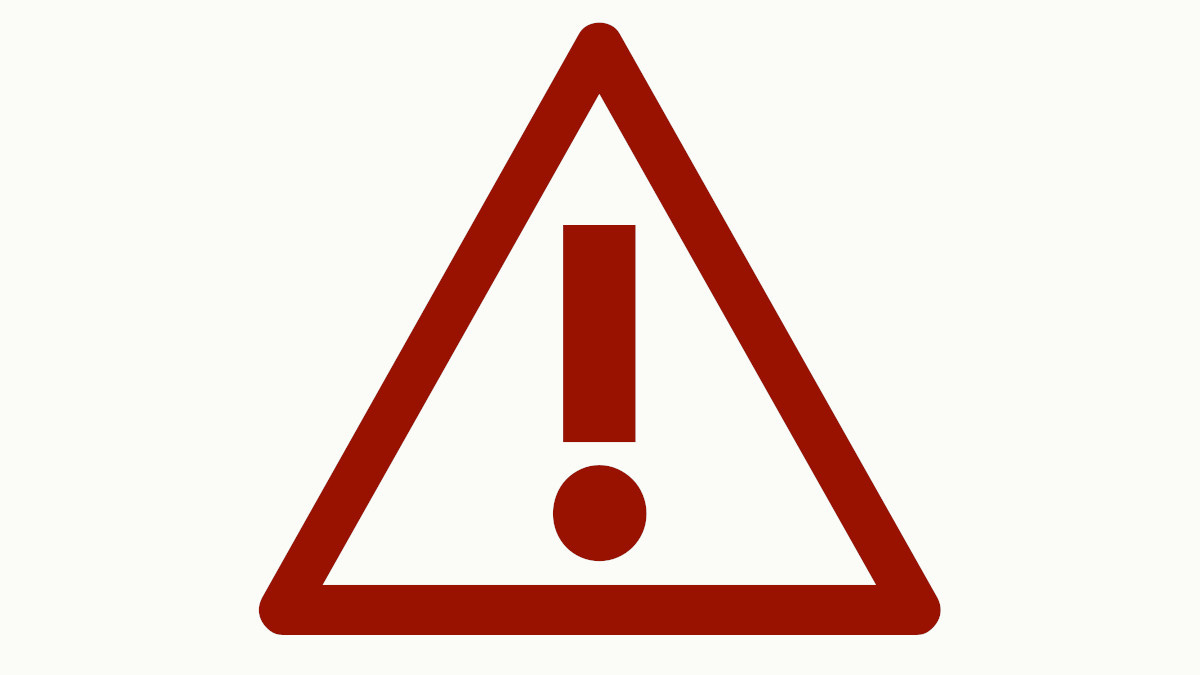Up with prudent skepticism, down with cynicism
On American triumphalism, foreign influence campaigns, and Microsoft's warning about the malignant hacking of a Presidential campaign
Microsoft has come right out and said it: "[G]roups connected with the Iranian government have [...] laid the groundwork for influence campaigns on trending election-related topics and [...] launched operations that Microsoft assesses are designed to gain intelligence on political campaigns and help enable them to influence the elections in the future". A lot of Americans have resisted the notion that foreign governments might have tried to influence elections in the past, and by extension have implicitly rejected the notion that it might happen again.
■ Psychologically, something about American triumphalism has converged with some deeply unhealthy electoral self-interests to produce a kind of cynicism about anything that others might try to achieve via influence campaigns. Thus, words like "hoax" get thrown about without enough people truly taking the threat seriously.
■ But the fact is that the foreign interference campaigns are already well underway. The Trump campaign got maliciously hacked for spicy confidential materials. Russia previously did the same thing to the Clinton campaign.
■ We have to take our heads out of the sand on ____ counts: First, ordinary people need to get on board with a cybersecurity mindset that acknowledges that the front lines in these battles are everywhere. It's happening right now, and it will never relent. Second, VIPs need to observe a much higher level of security practices -- to the point where following them actually starts to hurt a little bit. Anything less will leave them vulnerable.
■ Third, we need to set a cultural standard of expectations that we will shun those who share ill-gotten secrets and adopt a prudent skepticism of anything we see reported online -- more skeptical of established names than we may have been in the past, and ten times more skeptical of those names that don't have a track record.
■ Iran and Russia both have been creating "pop-up" outlets claiming to report American news and opinion. Of course they will continue to do the same, as will other state actors -- and they will openly appeal to Americans' worst instincts to confirm our own existing biases. We have to demonstrate the media literacy to know that (a) not all content is authentic, and (b) even some authentic content is worth avoiding if it was obtained wrongfully.



